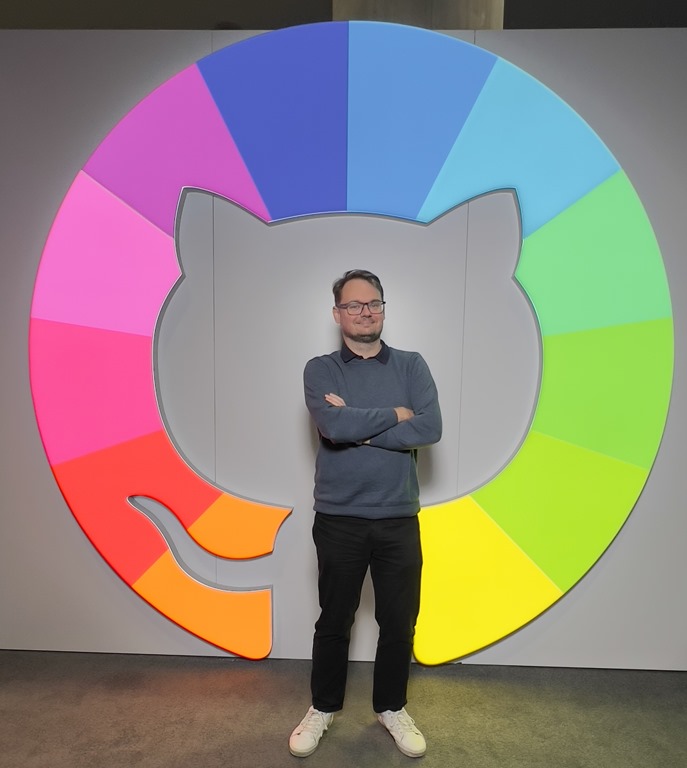I just returned from Chicago from Microsoft Ignite - the largest tech conference about Microsoft technology. Unsurprisingly, it was mainly about AI, and it was a terrific experience.
I got the chance to be part of the Expert Meetup zone. For each of the ten main areas of interest, there were several booths where the attendees could ask any questions. I was at the booth focused on Serverless in Azure, so we discussed Azure Functions, Azure Container Apps, and .NET Aspire, my favorite dev tool of recent months. I met many great people from the product groups who stand behind these technologies.
Since Ignite is not primarily a developer conference, most sessions were a bit further from my technical interest. However, being the CEO of RIGANTI, I want to understand how enterprises around the world implement AI, which use-cases are relevant to them, and what challenges they face. These insights greatly help us steer our company strategy and give better advice to our clients about integrating AI into their businesses.
I also attended an interesting session about the modernization of legacy systems, a topic similar to my recently published book. When speaking about this topic, I always specialized purely in .NET Framework applications, for this is what I meet most of the time. However, this session went much further in the past - most of it was about mainframes and ancient languages like COBOL or Smalltalk. It showed how to use AI to analyze or reverse-engineer the original intent of ancient code routines, how to extract business rules, build missing or incomplete documentation, and how to generate test cases to ensure the new code will provide the same behavior and functionality. This was a very different approach in contrast to my strictly deterministic and non-AI-based approach presented in the book, and I got plenty of new ideas.
Another very interesting session was about using Azure Kubernetes Service at scale. The team has been adding an impressive number of features, focusing on making Kubernetes easy to use and enhancing security - for example, by container vulnerability scanning and patching. I was amazed to see so many features and improvements they delivered recently. Apparently, AKS is a very popular service, and the product group has a chance to do so many interesting things.
And as always, I couldn't miss Mark Russinovich's session on Azure infrastructure. It conflicted with my Expert Meetup sessions, so I had to watch it from recording during my flight back, but it is thrilling to see the effort Microsoft puts in their data centers to make them energy efficient.
